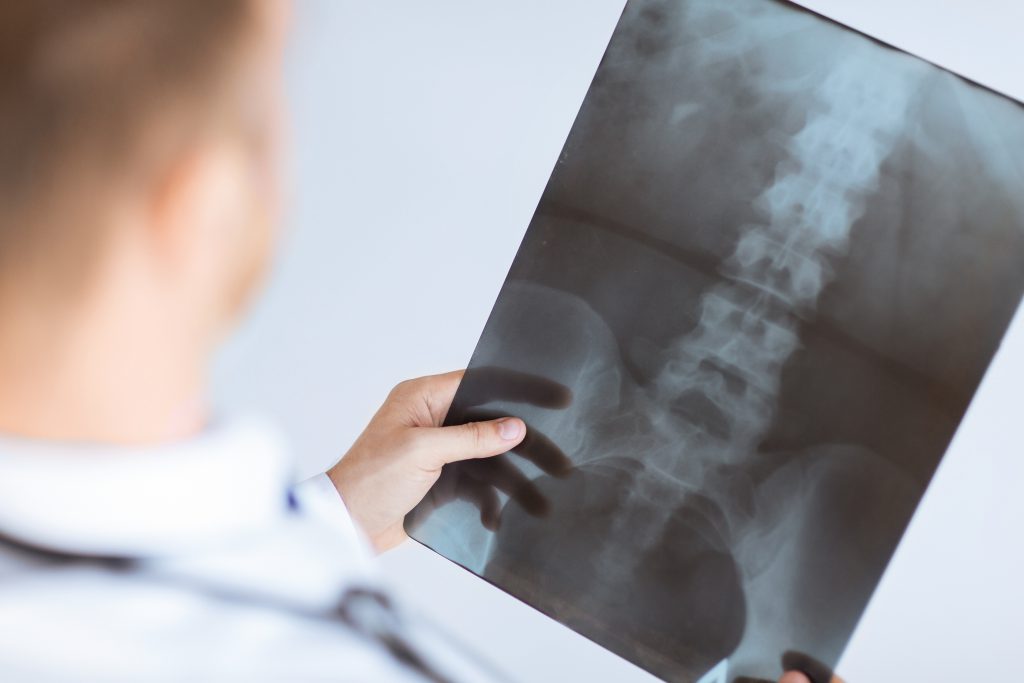Qualifying for Disability Benefits (SSDI) with Hip Pain in Pennsylvania
Hip pain is a very common medical problem in the United States, particularly among older adults. According to the CDC, over 285,000 people aged 65 or older were hospitalized for hip problems in 2010, while issues like arthritis and surgery affect millions more. If you have a medical disorder which causes joint pain and cannot work as a result, you may be able to qualify for monthly benefits through the Social Security Administration’s disability programs.
The New Jersey social security lawyers of Young, Marr & Associates have more than two decades of experience representing disabled Pennsylvania and New Jersey residents. If your application has been denied by the SSA, we can help guide you through the appeals process and advocate on your behalf. We are committed to treating our clients with dignity, professionalism, and respect, and enjoy a robust 80% success rate compared to the industry average of just 62%. We have helped thousands file for disability — let us help you, too. For a free and confidential case evaluation, call our law offices at (609) 755-3115 in New Jersey or (215) 701-6519 in Pennsylvania today.
SSA Guidelines for Disability Benefits
What do the SSA’s medical examiners look for in a claim? To begin with, you need to meet the basic requirements that apply to all claimants, regardless of condition:
- Your condition must prevent you from working.
- Your condition must last for at least 12 consecutive months.
- You must be earning no more than $1,070 per month if you are filing for SSDI (Social Security Disability Insurance). The income limit for SSI (Supplemental Security Income) is lower, but only certain portions of income are counted toward that limit.
If you meet these requirements, it’s time to examine the requirements specific to hip pain. These requirements are contained in the SSA’s “Blue Book,” or Listing of Impairments.
In simple terms, an SSA doctor will compare your medical evidence against the criteria in the Listing. If your evidence can match or equal the Listing’s criteria, you may be awarded benefits. So what does the Blue Book say about hip pain?

Hip Impairments that Qualify for Disability Benefits
Most issues related to hip pain are found under Section 1.00 of the Listing, which covers problems related to the muscles and bones. Section 1.00 listings which may be relevant to you include:
- Section 1.02, major dysfunction of a joint (including hips). May be due to any cause, including both injury and illness. Regardless of the cause, your hip joint dysfunction should involve a “gross [extreme] anatomical deformity,” such as subluxation (i.e. partial dislocation), contracture (i.e. a structural problem that restricts your movement), fibrous or bony ankylosis (i.e. stiffness caused by abnormal joint function), or general hip joint instability. Your hip joint dysfunction should also involve chronic stiffness and pain, resulting in limited or abnormal motion. You should provide “medically acceptable imaging,” such as an x-ray or CAT scan.
- Section 1.03, reconstructive surgery or surgical arthrodesis of a major weight-bearing joint. “Surgical arthrodesis” simply refers to artificially fusing two joints during surgery in order to immobilize the joint. If you are using this listing to support your claim, you must (1) be unable to move around effectively, and (2) not be expected to regain normal mobility within the next 12 months.
While the musculoskeletal listings are perhaps the most obvious place to look for hip conditions, they are certainly not the only listings which could apply. If neither of the above issues applies to you, and your hip pain is related to arthritis, you should refer to Section 14.00 of the Blue Book, which deals with immune system disorders. Section 14.09, which covers inflammatory arthritis, may be relevant to your claim.
Under Section 14.09, you may be eligible for social security benefits if one or both hip joints are deformed or persistently inflamed to the extent that you cannot move around effectively. Note the Listing often refers to hip joints as “major peripheral weight-bearing joints,” along with the knees and ankles.
If your hip issues are not related to joint dysfunction, surgery, or arthritis, you may still be able to qualify by using a medical vocational allowance instead of the Blue Book. With a medical vocational allowance, an SSA medical consultant will conduct something called an RFC assessment to evaluate your “residual functional capacity.” Depending on the outcome of your RFC assessment, combined with other factors such as your skill set, education, and age, you may be deemed disabled and awarded monthly benefits.
Pennsylvania Disability Lawyers for Victims of Hip Impairments
If severe hip pain is interfering with your daily life, monthly benefits may be available to you. To start discussing your claim in a free and private legal consultation, call the Pennsylvania disability lawyers of Young, Marr & Associates at (609) 755-3115 in New Jersey or (215) 701-6519 in Pennsylvania today.





























